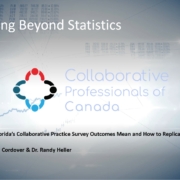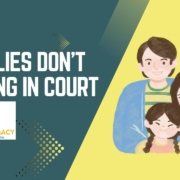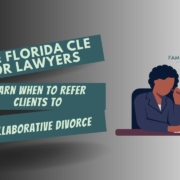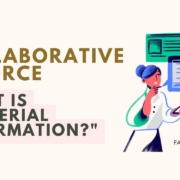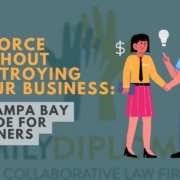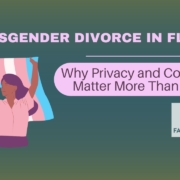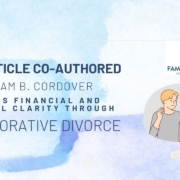Cordover Presents to CP Canada on Practical Use of Collaborative Divorce Statistics
On February 5, 2026, Adam B. Cordover presented to CP Canada, Canada’s national Collaborative Practice organization, on the topic “Going Beyond Statistics: What Florida’s Collaborative Practice Survey Outcomes Mean and How to Replicate It.” The presentation was part of a broader conversation about how Collaborative Practice can strengthen its credibility and long-term sustainability through thoughtful use of real-world data.
Cordover co-presented with Dr. Randy Heller of Nova Southeastern University. Together, they co-authored the article “Statistics on Collaborative Divorce in Florida,” published in Volume LV, Issue 1 (2025) of the Florida Bar Family Law Section Commentator Magazine. Their work reflects a decade-long effort conducted by the Florida Academy of Collaborative Professionals to better understand how Collaborative Matters actually resolve in practice.
Why Florida Invested in Long-Term Data Collection
The presentation began by explaining why Florida undertook sustained data collection in the first place. For many years, conversations about Collaborative Practice relied heavily on anecdotes. At the same time, judges often only heard about Collaborative cases when they failed, not when they quietly and discreetly resolved. Florida’s survey was designed to help fill that gap by providing credible information that supports informed decision-making by clients, professionals, and institutions.

